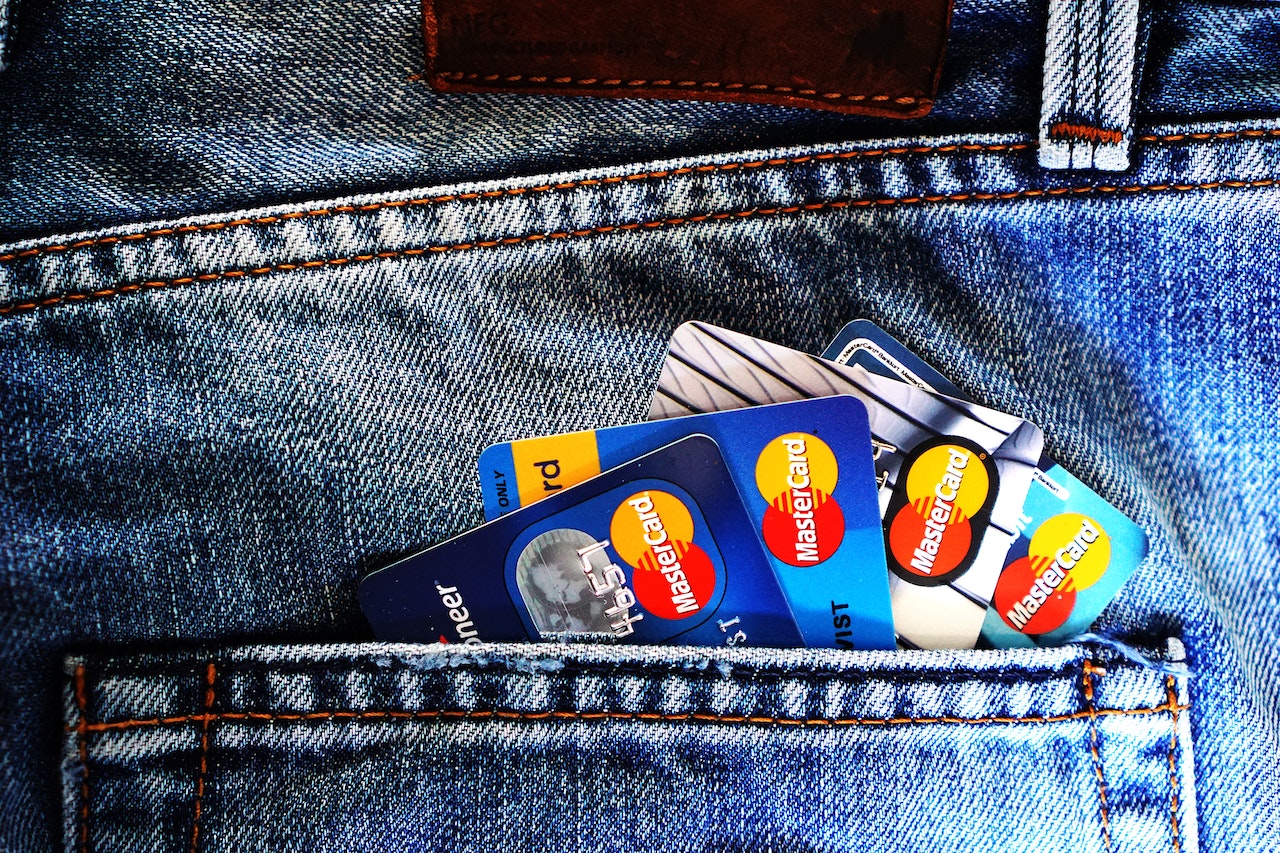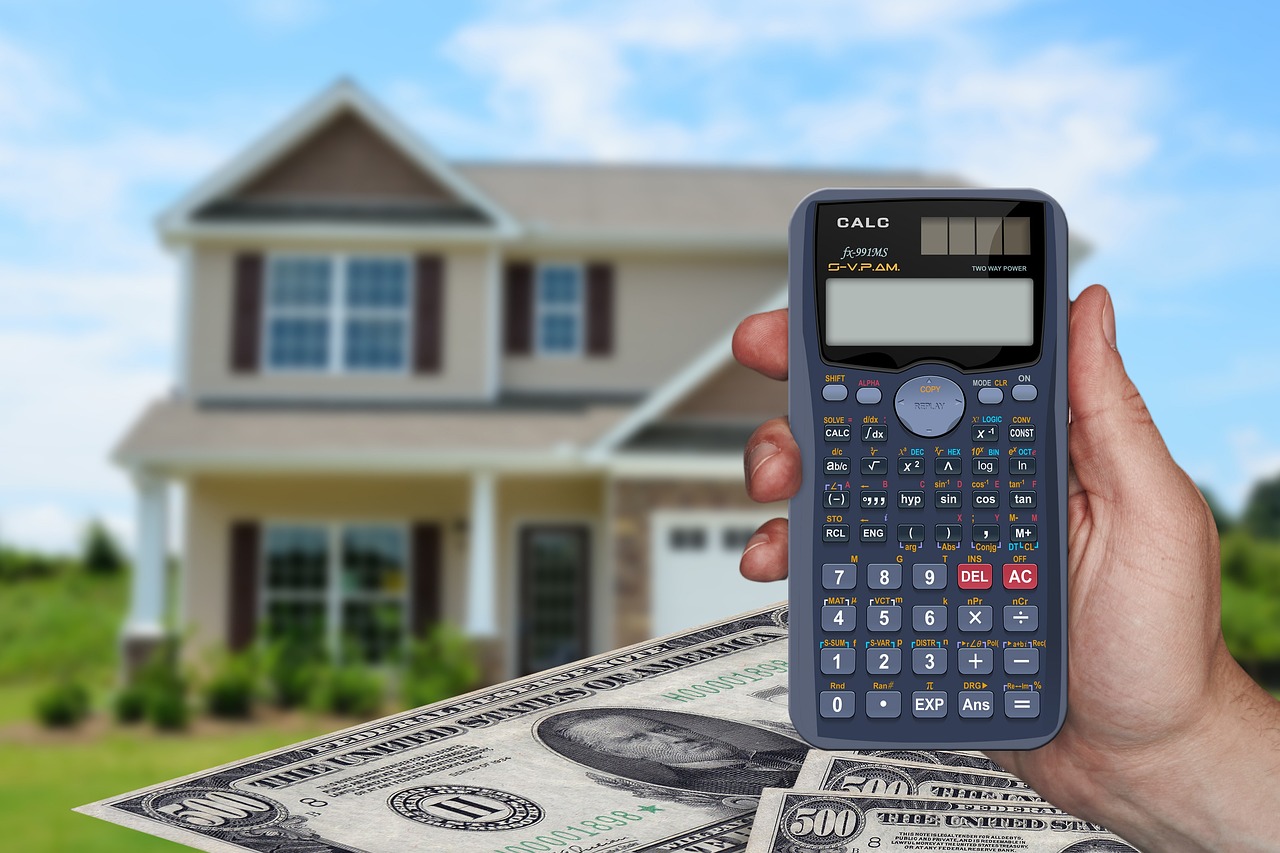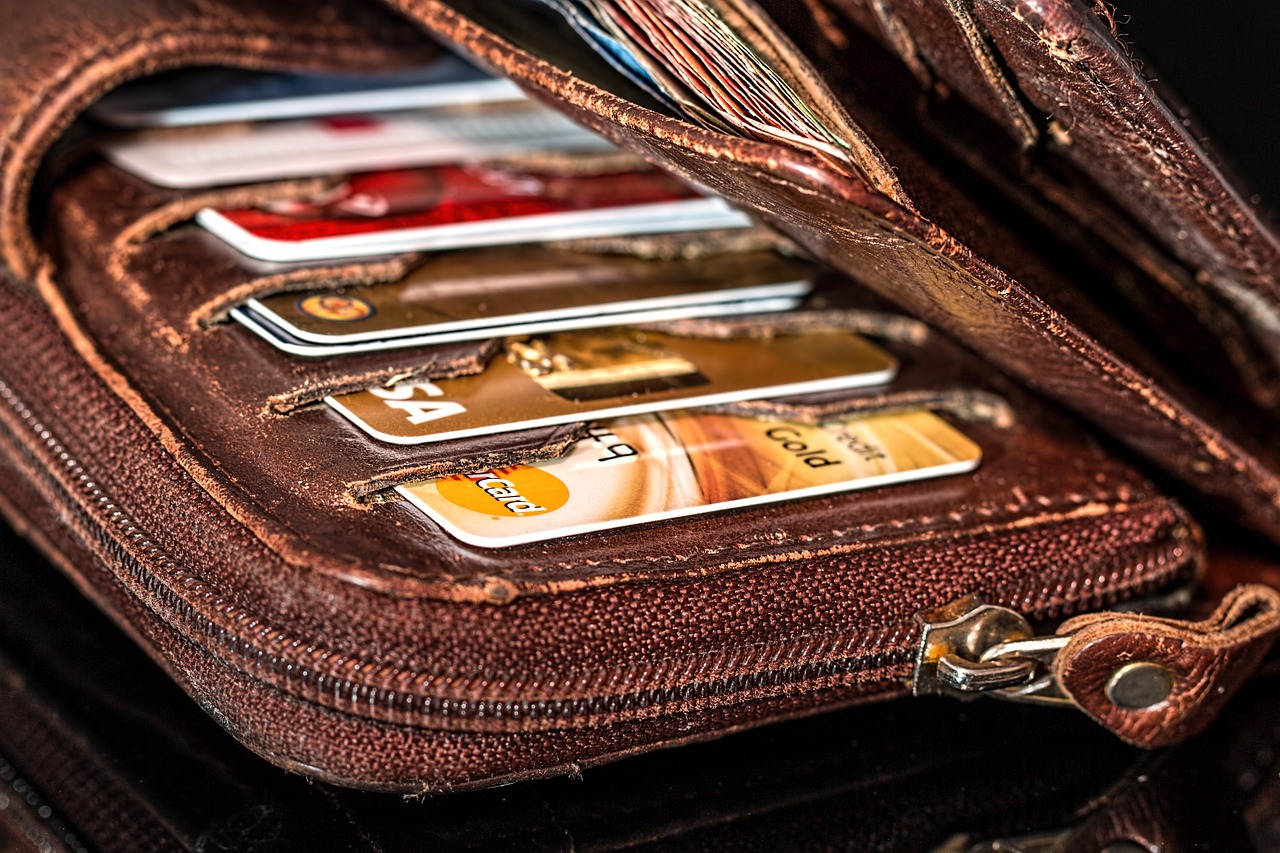Oh, hello there, you shining beacon of financial responsibility! Did you accidentally confuse your credit card with a magic money machine and now find yourself in a pit of debt? Worry not, for I have ventured into the depths of the financial underworld, battled countless monsters of interest, and emerged with some priceless (see what I did there?) advice on how to pay off that credit card debt. Stick around, because by the end of this, you might even be able to teach others a thing or two. Or at least, you know, not be drowning in debt.
1. Acceptance is the First Step: Recognize You’re in Debt
Now, I know that for many of us, accepting we have a problem is tough. Maybe you’re still in denial, thinking, “Oh, that $10,000 on my credit card? It’s just a phase!” But trust me, unless you’re planning on winning the lottery or finding a money tree, it’s time to face the music and get cracking on a solution.
2. Budget, but Not the Kind That Makes You Cry
Ah, the dreaded “B” word. Before you start hyperventilating, let’s clear one thing up: Budgeting doesn’t mean you have to live off instant noodles and tap water for the next ten years. It just means understanding where your money is going and making smarter choices. So, instead of splurging on that fifth latte this week, maybe put that money aside to pay off your debt. See? Not so bad.
3. Pay More than the Minimum (Groundbreaking, Right?)
This may come as a shocker, but paying the minimum due on your credit card won’t really get you anywhere. It’s like trying to empty the ocean with a teaspoon. The credit card companies love it when you pay just the minimum because they can keep raking in the interest. So, try to pay as much as you can afford each month. It’ll save you a ton in interest and get you out of debt faster.
4. The Snowball Method: No, It’s Not a Winter Sport
Ever built a snowball? You start small and keep rolling it until you have a giant snow boulder. The Snowball Method is kinda like that, but with your debts. List all your debts from smallest to largest. Pay off the smallest one first while making minimum payments on the others. Once the smallest debt is paid off, move to the next one. The sense of accomplishment you get from paying off each debt will keep you motivated.
5. The Avalanche Method: For Those Who Like Playing It Cool
While the Snowball Method is all about gaining momentum, the Avalanche Method is for the strategic thinkers among us. Think of it as the chess game of debt repayment. Here’s the play: list your debts, not by size, but by their chilling interest rates, from highest to lowest. Your move? Tackle the debt with the steepest rate first, ensuring you’re not buried under accumulating interest. By focusing on the biggest financial drains first, you’ll save more in the long run. So, while you might not get the quick wins like in Snowball, you’ll be playing a longer, smarter game. Checkmate, debt!
6. Avoid New Debt Like It’s the Plague
Paying off debt while racking up new ones is like running on a treadmill. You’re working hard, but you’re not getting anywhere. So, maybe skip the impulse buys and the “treat yourself” days until you’ve gotten a handle on your current debt.
7. Seek Professional Help (No, Not That Kind)
If you’re really struggling, consider reaching out to a credit counseling agency. They can offer advice, help you set up a debt management plan, and possibly negotiate lower interest rates with your creditors. Just make sure to choose a reputable one.
8. Cash is King, and Not Just at Elvis Impersonator Conventions
Remember that tangible thing called cash? Start using it more often. When you physically hand over your hard-earned money, you feel the pain. This way, you’re less likely to overspend. Also, it’s kind of fun to pretend you’re in an old-timey gangster movie when you’re counting your cash.
9. Interest Rates: The Boring Adult Version of Report Cards
Take a deep breath and peek at the interest rates on your credit cards. The higher the number, the more you’re paying just for the privilege of owing money. Consider transferring your balance to a card with a lower rate or even taking out a personal loan with a more reasonable interest rate. But remember: the goal is to pay off the debt, not to buy that golden llama statue you’ve been eyeing.
10. Garage Sale: Because Your Trash is Someone’s Treasure
It’s time to Marie Kondo your life. If it doesn’t spark joy, sell it! Those rollerblades from 1999? That mysterious kitchen gadget you’ve never used? Turn them into cash and put that money towards your debt. Plus, think of all the extra space you’ll have for… not buying more stuff.
11. Side Hustles: Because Two Jobs are Better than One
Okay, before you roll your eyes, hear me out. In the age of the internet, there are countless opportunities to make some extra cash. From dog walking, freelancing, tutoring, to selling your quirky arts and crafts – the sky’s the limit. And if all else fails, there’s always a career in stand-up comedy (assuming you’ve picked up some humor from this article).
12. A Friendly Reminder: Credit Cards are NOT Free Money
I know, mind-blowing, right? Pretend your credit card is like a very judgmental friend. You wouldn’t ask them for money without a solid plan to pay them back, would you? Treat your card with the same respect.
13. Automate to Dominate
Set up automatic payments. This ensures you never forget a payment, which can lead to costly late fees or increased interest rates. Plus, it’s one less thing to remember, giving you more time to think about important things, like what snack to eat next.
14. Bye-Bye, Tempting Store Cards
Sure, that 10% off on your first purchase with a new store card sounds tempting, but these cards often have astronomical interest rates. Resist the siren call and remember: that 10% saving can easily be overshadowed by the added interest you’d pay if you don’t clear the balance immediately.
15. Embrace the 48-Hour Rule
See something you absolutely “need”? Wait 48 hours before purchasing. Most impulse buys lose their shine after a couple of days. If you still want it after two days, it might be worth considering. But then again, it might not.
16. Financial Fast
Try a spending fast. Choose a set period (a week, a month) where you spend money ONLY on necessities. It’s like detoxing, but for your wallet.
17. Buddy Up!
Find a debt-paying buddy. Much like a gym partner, this person will keep you accountable. Share your goals, progress, and occasionally cry on each other’s shoulders. Financial fitness is more fun with friends.
18. Educate Yourself
Read a personal finance book or take a course. Knowledge is power, and while you might not become the next Warren Buffet, you’ll at least be armed with the tools to make smarter money decisions.
19. Track Your Wins
Every month, write down how much you’ve paid off. Seeing the numbers decrease can be hugely motivating. Visualize your progress with graphs, charts, or even a simple debt thermometer.
20. Avoid the “Ostrich Technique”
Avoiding your statements or burying your head in the sand won’t make the debt disappear. Regularly check your accounts and statements to stay aware of your financial situation. Knowledge, even if it’s a bit painful at first, can be empowering.
21. Remember, It’s Temporary
Being in debt can feel overwhelming, but remember that with focus and determination, it’s a temporary state. Keep your end goal in sight and imagine the sweet, sweet freedom of a zero debt balance.
22. Celebrate the Small Wins (Responsibly)
Every time you pay off a card or hit a milestone, do a little dance, make a little love to your financial future, and get down tonight! Celebrate in ways that don’t involve spending, like a homemade dinner or a Netflix binge.
In Conclusion:
Paying off credit card debt isn’t about depriving yourself of all fun and living like a hermit (unless that’s your thing, no judgment). It’s about being smart, making informed choices, and occasionally laughing at your past mistakes. Remember, Rome wasn’t built in a day, and neither will your debt-free life. But with perseverance, a sprinkle of humor, and these truly groundbreaking tips, you’ll be on your way to financial freedom. Or at least freedom from that nagging feeling every time you see your credit card statement.
Frequently Asked Questions (Because Everyone’s a Little Confused)
In theory, yes! But in practice, it’s about strategizing, budgeting, and managing your finances so you can tackle the debt efficiently without selling a kidney.
Not quite the apocalypse, but it’s not great. Missing a payment can incur late fees, increase your interest rate, and damage your credit score. If you do miss one, try to make the payment ASAP and consider setting up automatic payments in the future.
Technically, yes. But it’s like trying to dry off while still standing in the rain. Best to put it away and focus on clearing what you owe first.
Many people like the Snowball Method (paying smallest to largest) for the psychological wins. Others prefer the Avalanche Method, tackling debts with the highest interest rates first to save money over time. Choose what works best for your mindset and situation.
This is like asking how long a piece of string is. It depends on the amount of debt, your interest rates, your income, and how aggressively you tackle it. Make a plan, set milestones, and celebrate the small victories along the way.
That’s called a balance transfer, and while it might sound like just shifting the problem around, it can be useful if the new card has a lower interest rate or a 0% promotional period. Just be sure to read the fine print and have a plan to pay off the balance before the promotional rate expires.
While your wallet might thank you, your body probably won’t. It’s essential to budget and cut unnecessary expenses, but don’t compromise your health in the process.
First, take a deep breath. Then, make a list of all your debts, understand your interest rates, and set a realistic budget. Consider seeking advice from a credit counseling agency if you’re really stuck.
Life happens. If an emergency arises, address it and adjust your plan accordingly. This is why many financial experts suggest having an emergency fund in place even while paying off debt.
Absolutely. With persistence, education, and a sense of humor, you’ll be able to navigate financial challenges and enjoy the peace of a debt-free life. Keep the faith!



